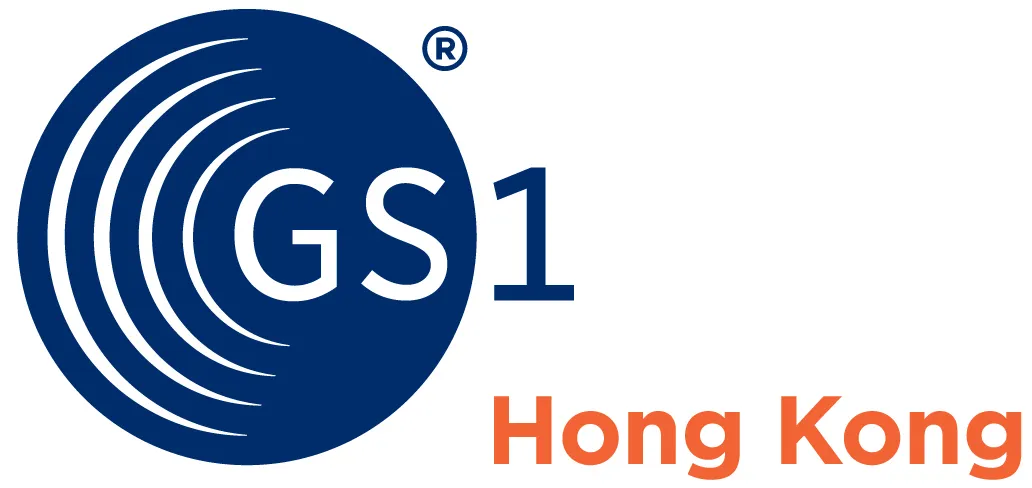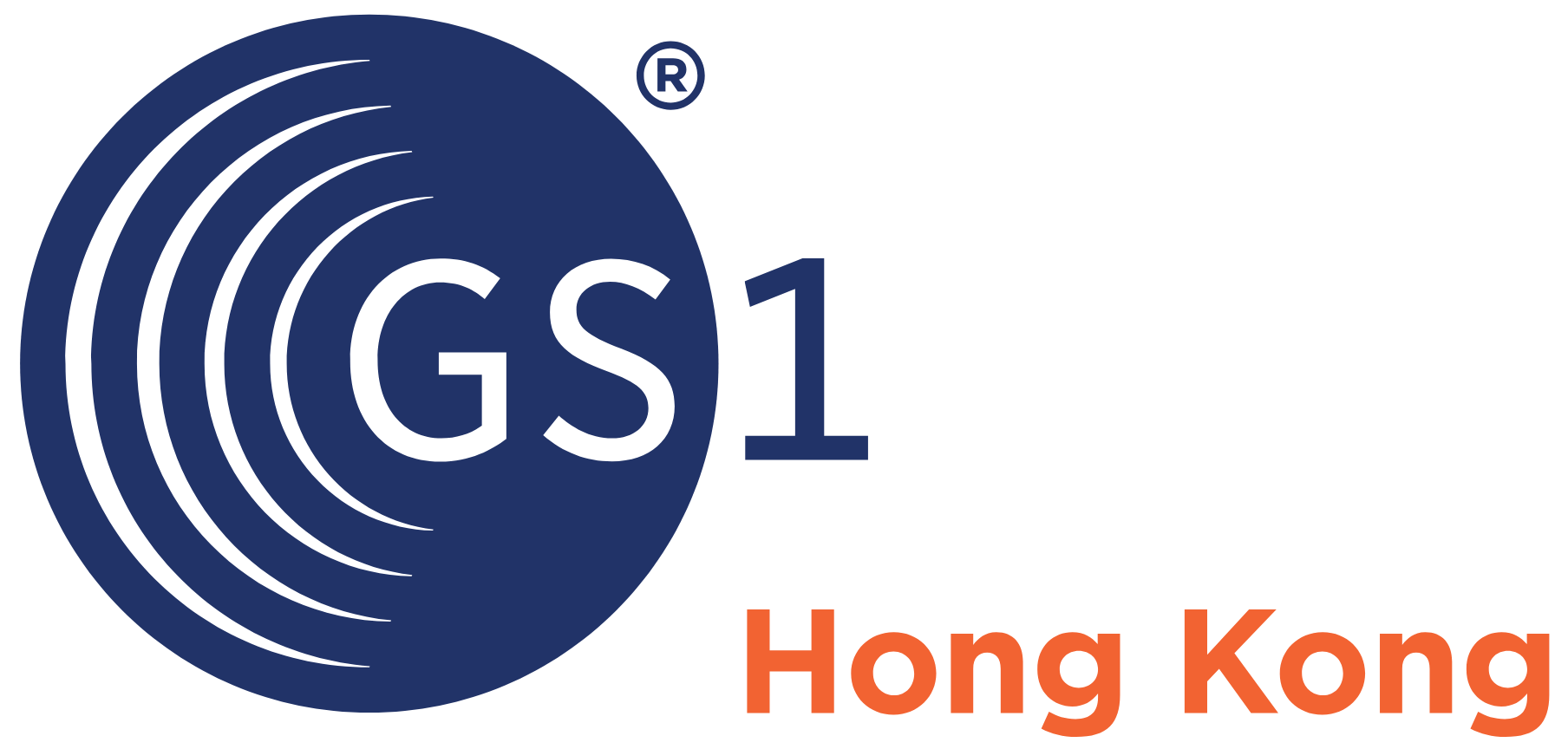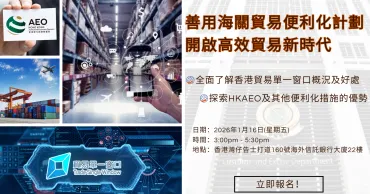In today's rapidly evolving business landscape, the importance of Environmental, Social, and Governance (ESG) considerations has become increasingly pivotal. Organizations are facing growing pressure from stakeholders, regulators, and the general public to demonstrate their commitment to sustainable and responsible practices. Integrating ESG principles into the core of your business strategy is no longer a nice-to-have, but a critical imperative for long-term success and resilience. Particularly, one of the Hong Kong Monetary Authority’s key guiding principles to measure ESG performance is to have corporations to manage their supply chain.
This 2-day workshop is designed to provide your organization with a comprehensive framework for developing and implementing a robust ESG strategy. Over the course of these two days, we will guide you through the essential steps to align your ESG initiatives with your overall business objectives, ensuring that sustainability and social responsibility are firmly embedded within your organizational DNA.
- Understanding the ESG landscape: We will delve into the various ESG frameworks, standards, and best practices to help you navigate the complex and evolving world of sustainability reporting and disclosure.
- Conducting a comprehensive ESG assessment: Through a detailed materiality analysis and benchmarking exercise, we will help you identify your organization's key ESG risks, opportunities, and areas of focus.
- Aligning ESG with your corporate strategy: We will explore strategies for seamlessly integrating ESG considerations into your overall business strategy, ensuring that sustainability is a core driver of your decision-making processes.
- Stakeholder engagement and ESG data collection: We will provide guidance on how to effectively engage with your internal and external stakeholders, as well as how to develop robust ESG data collection and reporting mechanisms.
- Embedding ESG into your operations: We will discuss practical approaches to embedding ESG principles into your day-to-day business operations, from procurement and HR to supply chain and customer engagement.
- Establishing ESG governance and accountability: We will help you define the necessary governance structures, policies, and processes to ensure long-term ESG success and continuous improvement.
The workshop will involve a combination of presentations, group discussions, interactive exercises, and case studies to provide participants with a comprehensive understanding of ESG strategy and planning. The ultimate goal is to equip your organization with the knowledge and tools necessary to effectively integrate ESG considerations into its business strategy and operations. By the end of this workshop, your organization will have a clear roadmap for developing and implementing a comprehensive ESG strategy that aligns with your overall business goals and drives long-term value creation.
Upcoming Class
Date: 17 & 18 March 2026
Time: 09:30 -17:00
Venue: 22/F, OTB Building, 160 Gloucester Road, Wanchai, Hong Kong
Language: Cantonese (with English materials)
Coursee Fee:
GS1 HK Members: HK$6,800 per person
Non-Members: HK$8,000 per person
Agenda
- Introduction to ESG (Environmental, Social, and Governance)
• Understanding the importance of ESG in modern business
• Overview of ESG frameworks and standards (e.g., GRI, SASB, TCFD)
- Assessing the Current ESG Landscape
• Conducting an ESG materiality assessment
• Identifying key ESG risks and opportunities for the organization
- Aligning ESG with Organizational Strategy
• Integrating ESG considerations into the corporate strategy
• Defining ESG goals, objectives, and KPIs
• Ensuring ESG alignment with the organization's mission and values
Stakeholders Engagement and Materiality Analysis
Identifying and engaging with key internal and external stakeholders
Conducting a comprehensive materiality analysis
Prioritizing ESG issues based on stakeholders’ feedback and business impact- Developing the ESG Action Plan
• Defining specific ESG initiatives and projects
• Allocating resources and responsibilities
• Establishing timelines and milestones
- ESG Integration into Business Operations
• Identifying relevant ESG data and metrics
• Implementing robust data collection and management processes
• Aligning ESG initiatives with functional areas (e.g., HR, procurement, supply chain & logistics)
- ESG Governance and Accountability
• Defining ESG governance structures and roles
• Establishing ESG-related policies and procedures
• Ensuring continuous monitoring, evaluation, and improvement
Conclusion and Next Steps
• Summarizing key outcomes and learnings from the workshop
• Developing a roadmap for ongoing ESG implementation and progress tracking
• Discussing potential challenges and strategies to handle them




